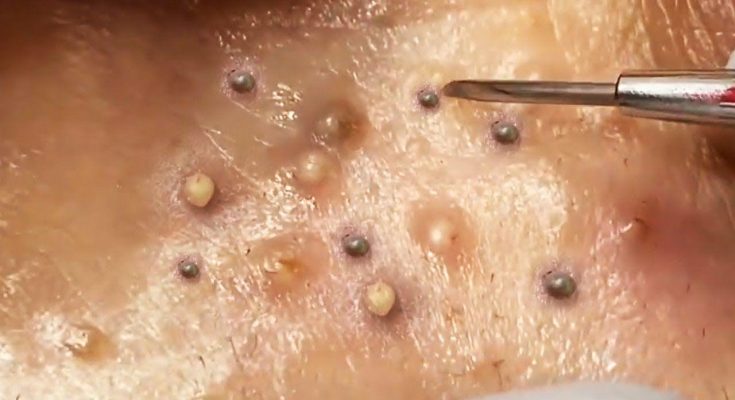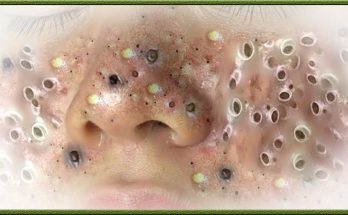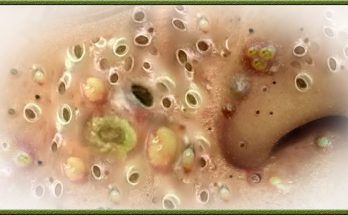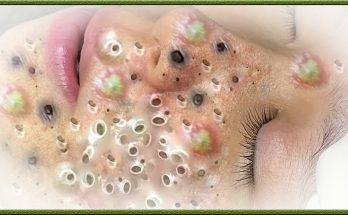Boils (furuncles) are pus-filled bumps that develop deep in your skin. They usually begin as discolored bumps, which quickly increase in size and fill with pus. The bacteria Staphylococcus aureus causes boils and staph infections.
The following tips can help you tell the difference between a boil and a pimple:
Boils don’t respond to typical pimple treatments.
Boils usually form around cuts or scratches on your skin.
Pimples aren’t usually as painful as boils.
What’s the difference between a cold sore and a pimple?
Cold sores are tiny blisters that appear on your lips and around your mouth. Herpes simplex virus type 1 (HSV-1) causes cold sores, and the virus is highly contagious. You can spread cold sores very easily through saliva or close contact with another person who has a cold sore outbreak — often through kissing or sharing utensils, straws, towels or lip balm.
Pimples don’t form on your lips or inside your mouth. You can’t spread pimples through saliva or close contact with another person who has pimples.
What’s the difference between genital herpes and pimples?
Genital herpes is a common sexually transmitted infection (STI) that causes painful blisters on your genitals. Herpes simplex virus type 2 (HSV-2) causes genital herpes, and the virus is highly contagious. You can spread genital herpes very easily through saliva, semen and vaginal secretions through sexual intercourse and other forms of skin-to-skin contact.
Pimples on your genitals usually aren’t painful. They can appear in areas of your skin that press tightly against your underwear or clothing, which causes dirt, oil and sweat to accumulate and clog your pores. You can’t spread genital pimples through sexual intercourse or other forms of skin-to-skin contact.
A note from Cleveland Clinic
Pimples are a common skin condition that affects most people, especially adolescents. Because it mainly affects teenagers, many people think pimples are part of the transition from childhood to adulthood and don’t see a healthcare provider about them. But despite how common they are, they can severely affect your mental health and cause permanent skin damage. If you notice symptoms of anxiety or depression due to the presence of pimples, talk to your healthcare provider.



